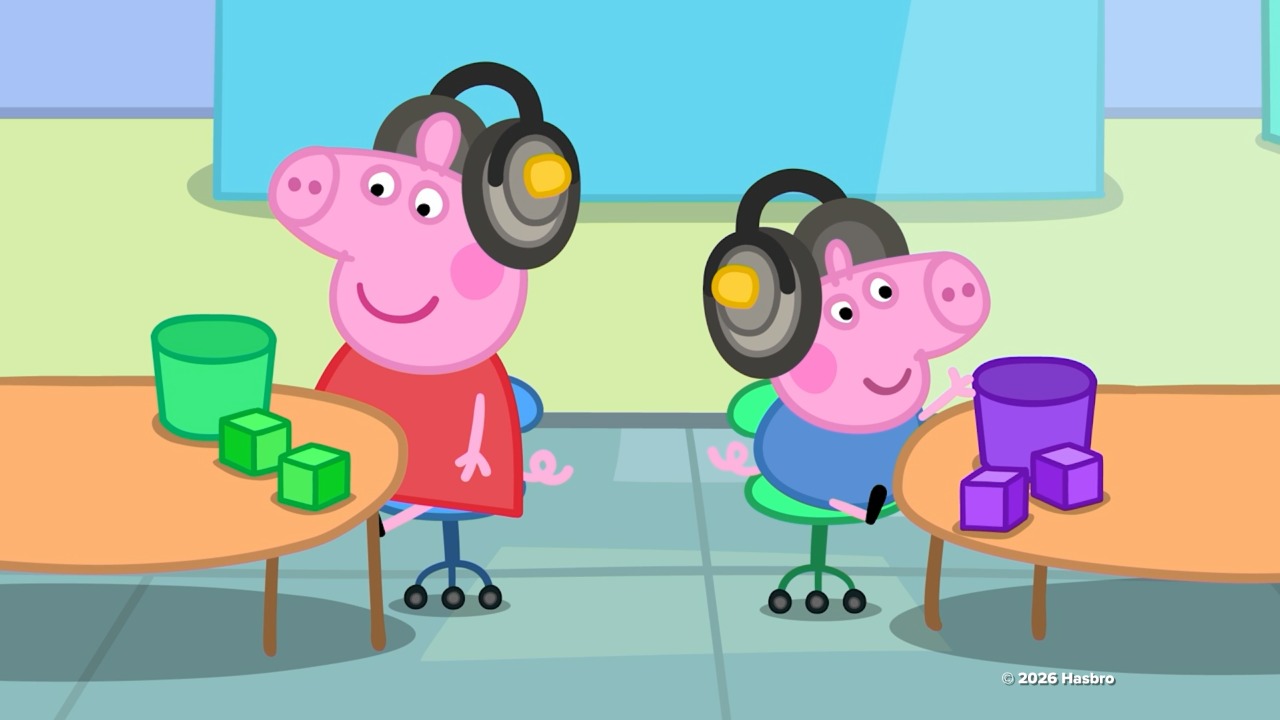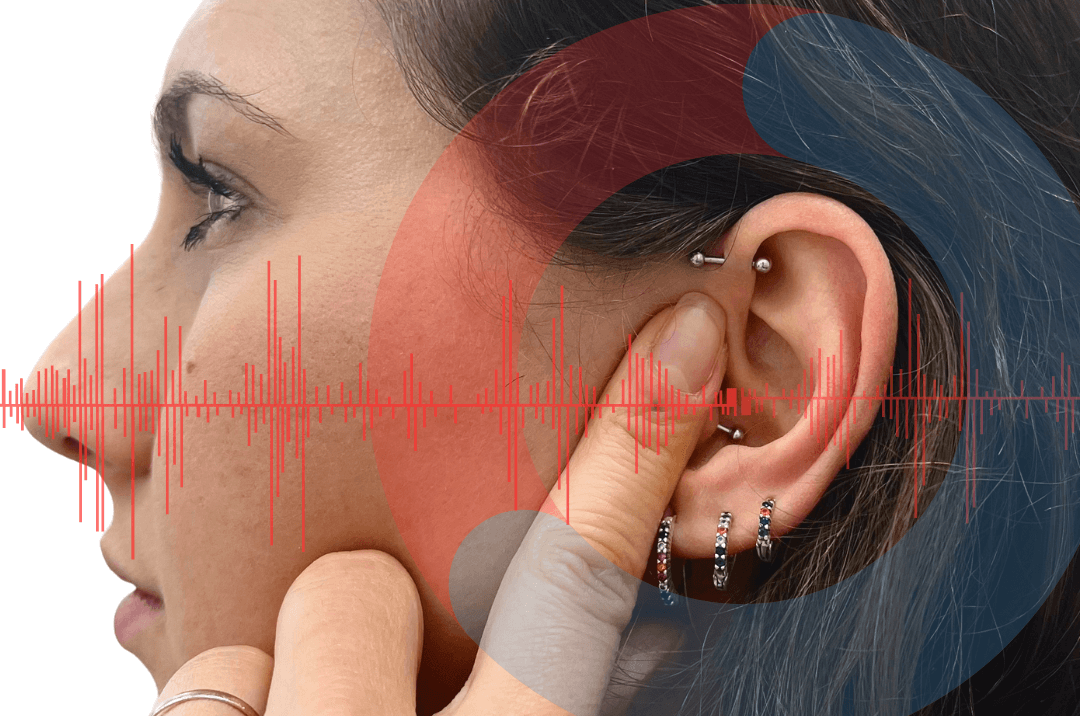
What Is Diplacusis?
Diplacusis is a rare hearing disorder in which a single sound is perceived differently by each ear. Instead of hearing
Discovering you have a hearing loss is often a difficult time and coming to terms with the consequences can lead to an individual feeling isolated. Support from friends, family and colleagues can really help a person who is just starting out on their hearing loss journey and so today, we are going to discuss how you can be supportive to a colleague with hearing loss.
Unfortunately, a lot of people find talking openly about hearing loss difficult. There is a stigma attached to hearing loss because of the association with aging. However, there are more and more people experiencing hearing loss well before retirement age, and people are also working longer, meaning you may find yourself supporting a colleague at some point in the future.
There are a lot of varying degrees of hearing loss and people use hearing aids for different reasons. Some people rely on their aids all day everyday, whereas others may not use them all the time. Some people use aids to help with the symptoms of tinnitus. There are also other devices such as cochlear implants. It takes a little white to get used to hearing aids and often people still experience some issues with communicating despite wearing hearing aids. Some every day situations will require a little additional support.
To help support any colleagues you work with, you should be open and prepared to make some small changes to your working habits. If you are a manager of someone with hearing loss, you need to ensure there is support available in certain situations, such as presentations. Everyone has the right to be part of an inclusive work environment. If there is a lot of background noise in your workplace, you might want to consider how easy it would be for a hearing aid user to follow a quick paced conversation between the team. In this instance, you need to be supportive and empathetic; ask the individual if they would prefer to take the conversation elsewhere.
You should be careful not to assume that a hearing aid user hasn’t heard what you’ve said or need you to repeat things for them. The best thing to do would be to ask them how you and the team can support them. Some people won’t want any attention on their hearing loss. Having an open and honest relationship is definitely going to be the best situation for all parties.
We have compiled a list of communication habits that can make conversations easier for people with hearing loss. Don’t forget that many people with a hearing loss are experts at lip reading.
We hope this has given you a few tips on how to make any colleagues with hearing loss feel comfortable in the workplace. If you would like any further advice, or feel you know someone who should have a hearing consultation, don’t hesitate to get in touch.
[html_block id=”3745″]

Diplacusis is a rare hearing disorder in which a single sound is perceived differently by each ear. Instead of hearing

Whether you have children in your life or not, we’re willing to bet you’ve heard of Peppa Pig and her

Tinnitus is the perception of sound when there is no external source. It is commonly described as a ringing in